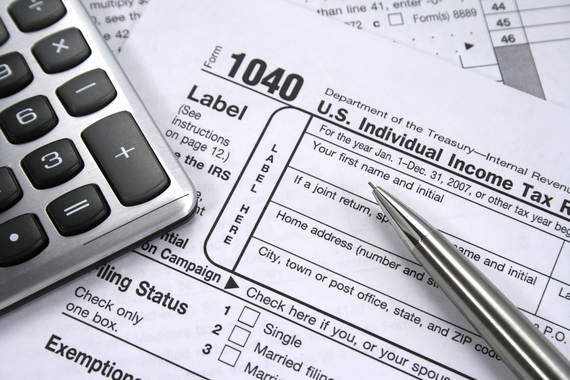Dear Savvy Senior,
What is the IRS income tax filing requirements going to be for this tax season? Due to health problems I stopped working early last year, so I'm wondering if I need to file.
--Unintended Retiree
Dear Unintended,
There are a number of factors that affect whether or not you need to file a federal income tax return this year including how much you earned last year (in 2015), and the source of that income, as well as your age and filing status.
- Single: 10,300 (11,850 if you're 65 or older by Jan. 1, 2016).
- Married filing jointly: 20,600 (21,850 if you or your spouse is 65 or older; or23,100 if you're both over 65).
- Married filing separately: 4,000 at any age.
- Head of household: 13,250 (14,800 if age 65 or older).
- Qualifying widow(er) with dependent child: 16,600 (17,850 if age 65 or older).
To get a detailed breakdown on federal filing requirements, along with information on taxable and nontaxable income, call the IRS at 800-829-3676 and ask them to mail you a free copy of the "Tax Guide for Seniors."
Special Requirements
There are, however, some other financial situations that will require you to file a tax return, even if your gross income falls below the IRS filing requirement. For example, if you had earnings from self-employment in 2015 of $400 or more, or if you owe any special taxes to the IRS such as alternative minimum tax or IRA tax penalties, you'll probably need to file.
To figure this out, the IRS offers an interactive tax assistant tool on their website that asks a series of questions that will help you determine if you're required to file, or if you should file because you're due a refund.
You can access this tool here, or you can get assistance over the phone by calling the IRS helpline at 800-829-1040. You can also get face-to-face help at a Taxpayer Assistance Center, or call 800-829-1040 to locate a center near you.
Check Your State
Even if you're not required to file a federal tax return this year, don't assume that you're also excused from filing state income taxes. The rules for your state might be very different. Check with your state tax agency before concluding that you're entirely in the clear. For links to state tax agencies see taxadmin.org/state-tax-agencies.
Tax Prep Assistance
If you find that you do need to file a tax return this year, you can get help through the Tax Counseling for the Elderly (or TCE) program. Sponsored by the IRS, TEC provides free tax preparation and counseling to middle and low-income taxpayers, age 60 and older. Call 800-906-9887 or visit irs.treasury.gov/freetaxprep to locate a service near you.
Also check with AARP, a participant in the TCE program that provides free tax preparation at more than 5,000 sites nationwide. To locate an AARP Tax-Aide site call 888-227-7669 or visit aarp.org/findtaxhelp. You don't have to be an AARP member to use this service.
Send your senior questions to: Savvy Senior, P.O. Box 5443, Norman, OK 73070, or visit SavvySenior.org. Jim Miller is a contributor to the NBC Today show and author of "The Savvy Senior" book.

